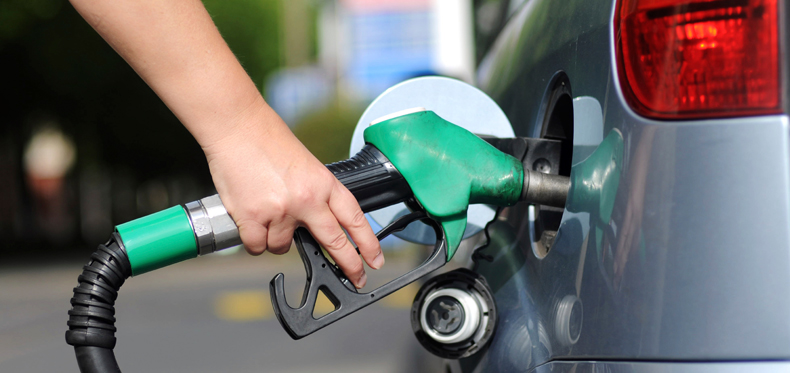-

-
The Interdiocesan Environment Commission (KA) holds that the revised fuel stations policy has not been properly reviewed prior to its publication and that its drafting was a very hasty job, possibly driven by assertive public protests that started to cause embarrassment to the authorities.
The proposed policy states that if the “fuel station is not used for a period of three consecutive years within thirty years”, then the site “has to return to agricultural state.” However, earlier the policy states that the fuel station shall not be located on agricultural land. So how can the site “be returned to” the agricultural state if no fuel station was meant to be given a permit on such land?
This reflects an insensitive attitude towards the safeguarding of outside development zones. For far too long, narrow financial interests have been given precedence over the aspirations of concerned citizens who want to see the natural and cultural landscape safeguarded from such interests.
The document implies that pending applications will be decided by the new policy. But how can this be the case if there is no change in the Development Planning Act? Article 72 (2) of the Act clearly states that in determining an application for development permission, “the Planning Board (apart from other considerations) shall only refer to plans, policies or regulations that have been finalised and approved by the Minister (responsible for development planning) or the House of Representatives, as the case may be, and published.” It is therefore clear that only such approved policies can be referred to in deciding on a planning application.
After so many months of deliberation in the preparation of the proposed policy, the KA was expecting it to come up with more detail than it actually provides. One would have expected the document to provide the number of petrol stations that absolutely require relocation, their current location and the level of safety risk that each petrol station poses to residential areas.
The KA feels that the proposed policy should provide a definition of ‘relocation’ by specifying how far will the new fuel station be from the one it will be replacing. A fuel station provides a service to vehicles passing from a particular area and should continue to provide such a service from approximately the same general locality.
Finally, the KA observes that the need for relocating existing fuel stations will gradually become less relevant given the targets that Government is setting itself towards shifting from fossil fuels to other sources of energy for vehicles.
Click here to read the full statement in Maltese by the Environment Commission.Click here to read the full statement in English by the Environment Commission.





